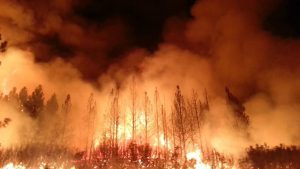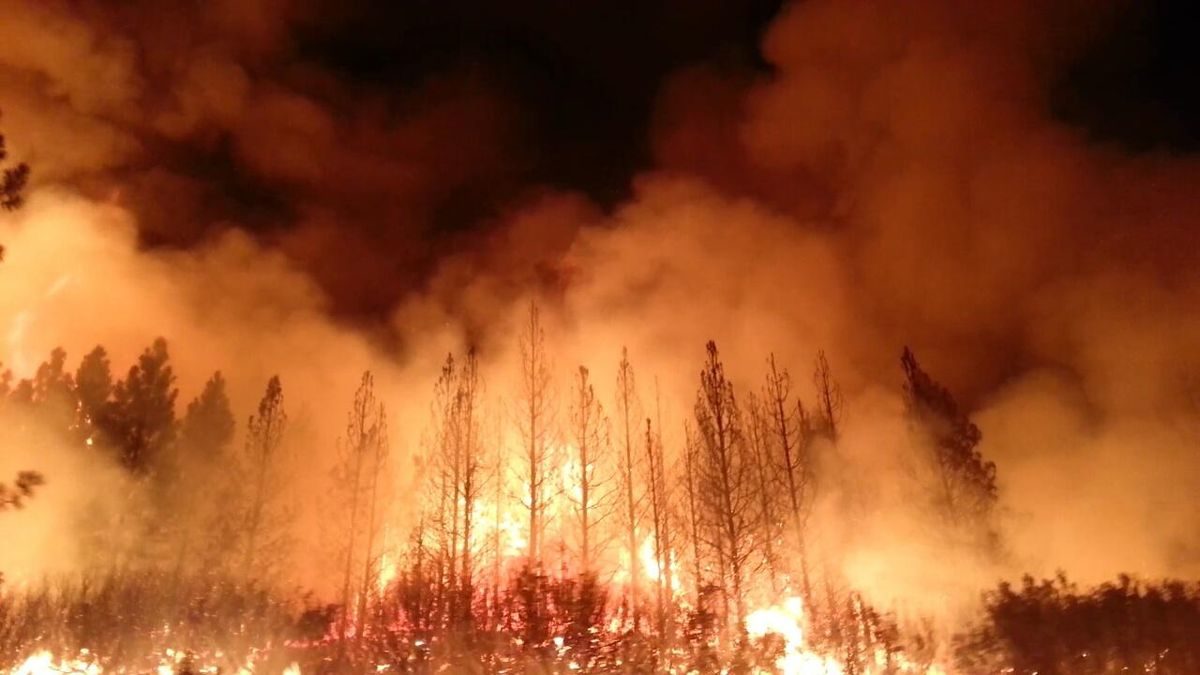It is unconscionable that the taxpayer funds fossil fuels to the tune of $1,728 per person per year. What if we channelled this into climate adaptation?
It is week nine of the current bushfire crisis; almost 20 people are dead, over 1,000 homes have been lost, half a billion animals have been killed and a land area twice the size of Belgium has been burned. Countless lives have been affected and we know there is more to come.
The most important thing right now is to protect as much life and property as possible.
But looking beyond the immediate crisis, we need to start an honest discussion about something none of us want to admit – that these unprecedented, catastrophic fires may indeed mark the beginning of Australia’s new normal.

As the world and Australia fail to make meaningful reductions in greenhouse gas emissions, it is clear that we are entering the next phase of climate change – that is, increasingly frequent and severe weather events, occurring in places that have never been affected before.
It’s a scary and confronting reality to reckon with; perhaps that’s why some of us find it easier to write off scientists and bushfire survivors speaking hard truths as part of a “climate cult”.
Thankfully, our emergency services have chosen not to shy away from the truth, preparing themselves for a horror summer while knowing that they did not have enough personnel, volunteers, equipment or funding to deal with the scale of the crisis.
Influential figures in our financial system have also confronted the issue head-on.
With worsening extreme weather events sending premiums soaring to the point that some regions are effectively uninsurable, the insurance industry is reviewing whether traditional insurance models can remain tenable.
Meanwhile, banks such as NAB are developing “resilience investment” products to assist local governments to build infrastructure such as emergency centres and seawalls. This is encouraging, given the scale of the work needed to ensure local food, energy, water, transportation and communications systems can withstand extreme and prolonged weather events and recover quickly with minimal external assistance.
But while some are facing the crisis, there has been a glaring lack of leadership from the federal government on a coordinated plan to support the growing numbers of families, business owners and communities affected by extreme weather.
The announcement by the prime minister of a new National Bushfire Recovery Agency and a $2bn package to assist those affected by the bushfire crisis is a step in the right direction. But focusing on relief for this crisis alone misses the bigger picture – this is not a one-off event. We can no longer afford to react to each emergency by drawing on national and state budgets in an ad hoc way. What will happen when the next cyclone hits? Or the next major flood event? And what about the worsening drought?
Read more: The Guardian




